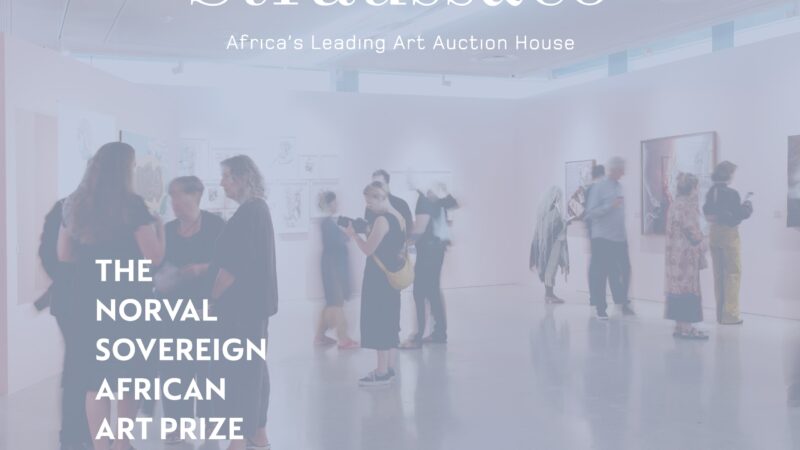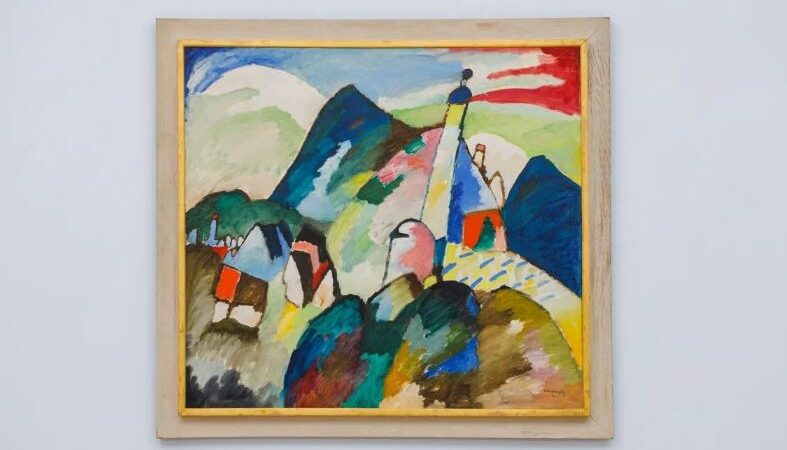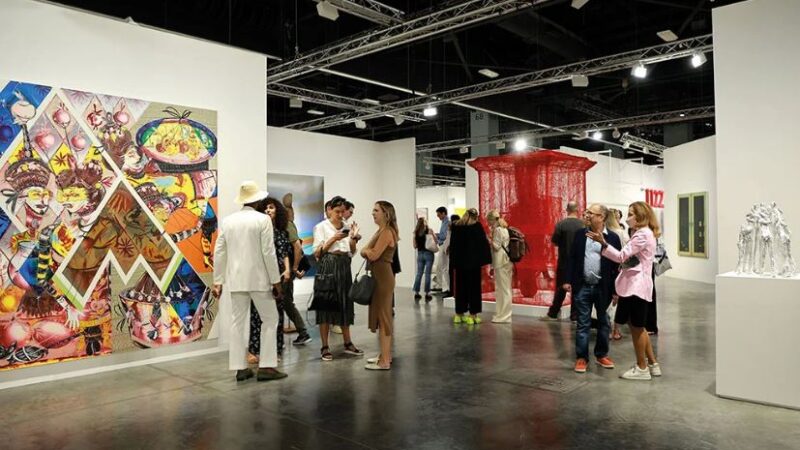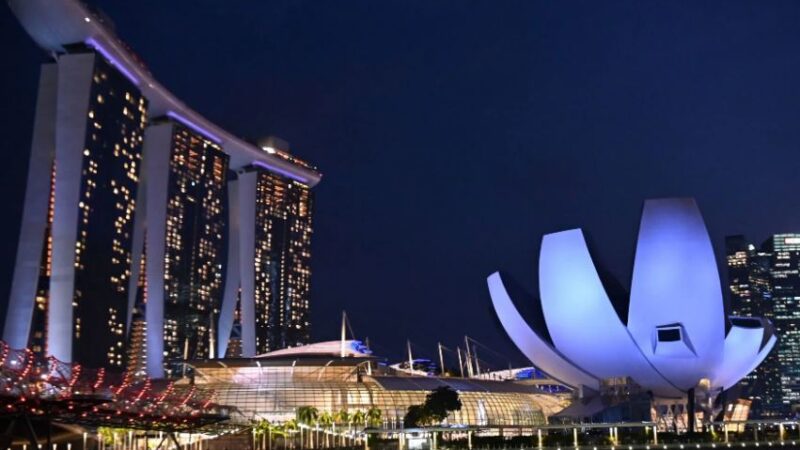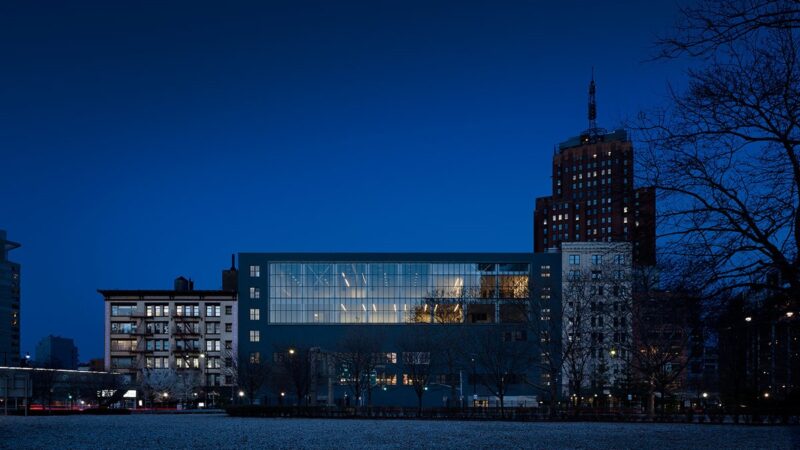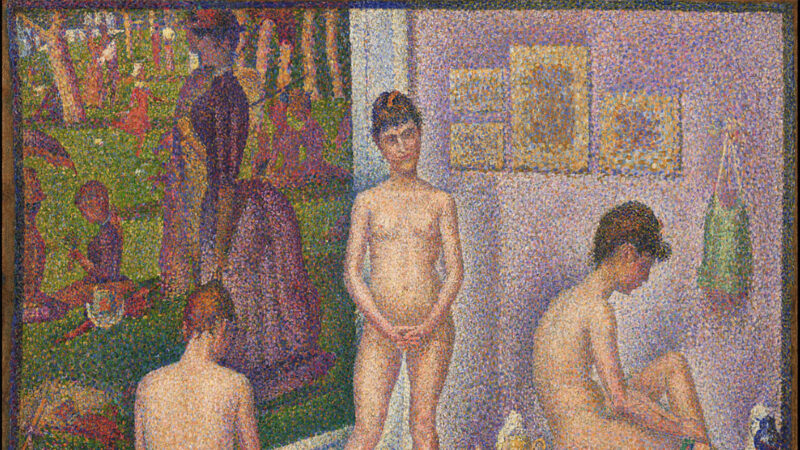South Korea Says the Country’s Top Modern Art Museum Mishandled Its Acquisitions and Funding
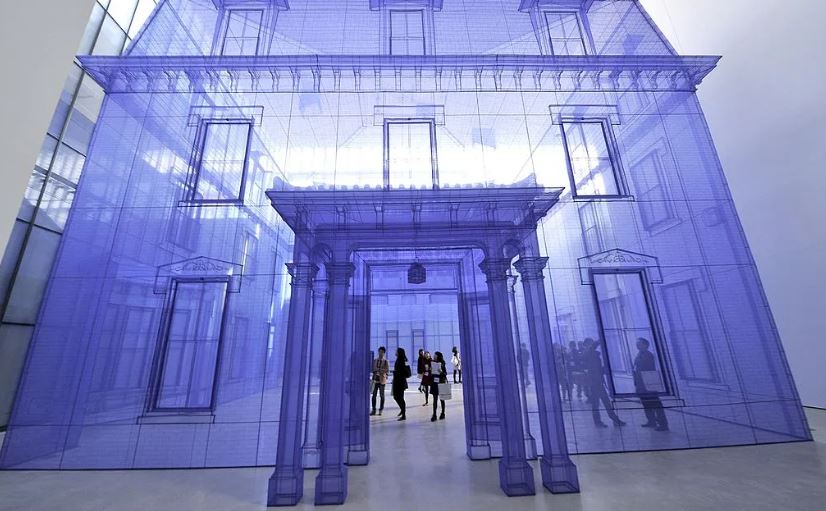
Visitors look at a site-specific art project called “Home within Home” by artist Suh Do-Hot before the opening of a branch of the National Museum of Modern and Contemporary Art, Korea (MMCA) in Seoul on November 11, 2013.AFP VIA GETTY IMAGES
South Korea’s Ministry of Culture, Sports, and Tourism said that the National Museum of Modern and Contemporary Art (MMCA) in Seoul, the top modern art museum in the country, made suspect financial last year. The findings were uncovered during an internal audit the agency conducted between October and December of last year.
MMCA director Youn Bum-Mo addressed the report’s findings, which relate to art acquisitions and revenue spending, in a press conference on Tuesday. He said he would use the report’s findings, which allege 16 counts of illegality, to “improve” the museum.
According to the ministry, the state-backed museum failed to comply with a set of standards guiding art acquisitions and misappropriated government funding to pay employees.
The agency’s rules stipulate that proposals from curators and outside advisers selected by director must be used to oversee the acquisitions of artwork to the museum’s collection. The ministry’s rules further detail that up to 50 outside experts be used when deciding on art purchased. The audit, however, found that the institution cut down that number of external specialists to 11 in 2021.
A representative for the museum did not immediately respond to ARTnews’s request for comment.
Youn, who took up the position in 2019, replaced the museum’s former director, Bartomeu Mari. A former art critic, Youn has emphasized promoting Korean art internationally.
The report comes as the museum gears up for collaborations abroad. The institution plans to collaborate with the Guggenheim Museum in New York on an upcoming exhibition around South Korean experimental art made during the 1960s to the 1970s. The show will go on view in Seoul in May and travel to New York in September.
The agency found that 9 percent of the nearly 280 works of art the MMCA proposed for purchase last year were not done via advice provided by outside experts who could weigh in on the purchase price. The report found that sums for artworks were adjusted to higher values than those proposed by external appraisers.
The director told the Korean Herald, however, that this is standard practice in order to negotiate the purchase price with sellers. He explained saying the appraisal committee often sets the market value figure at 50 percent of the seller’s asking price, so adjustments are sometimes required.
Acquisition budgets for public museum collections in the country are known to be small.
The audit claims that there were issues related to three committees that oversee the museum’s art purchases. One committee discusses the artworks’ value; another designates its appropriate purchase price and the third finalizes the appraisal process before a work is bought. The audit found that the committee members influenced decision-making across the three groups, compromising their ability to operate independently of one another.
It also alleges that auction purchases of works were not properly overseen. Only a handful of around eight curators were informed of those public purchase opportunities, the agency reported. Some 35 percent of the museum’s 115 acquisition proposals were carried out without required documentation assessing the work’s market value, the report found.
The MMCA also allocated 32 million won ($25,000) in revenue from museum facilities spanning cafeterias, parking lots, and gift shops to pay employees bonuses last September. A national property law in Korea stipulates that the MMCA Foundation must pay back the leftover annual funds after income and expenses are calculated back to the government.
The audit found that the museum, which operates as a public foundation, also violated rules around the use of private contractors. The agency found that the museum hired a private contractor to help mount an exhibition dedicated to the high-profile collection of Samsung chairman Lee Kun-hee’s collection instead of seeking general bids for the contractor work as required.
In a statement, the agency said the move “hindered the transparency” of the museum’s financial decisions.
Source: Artnews.com
